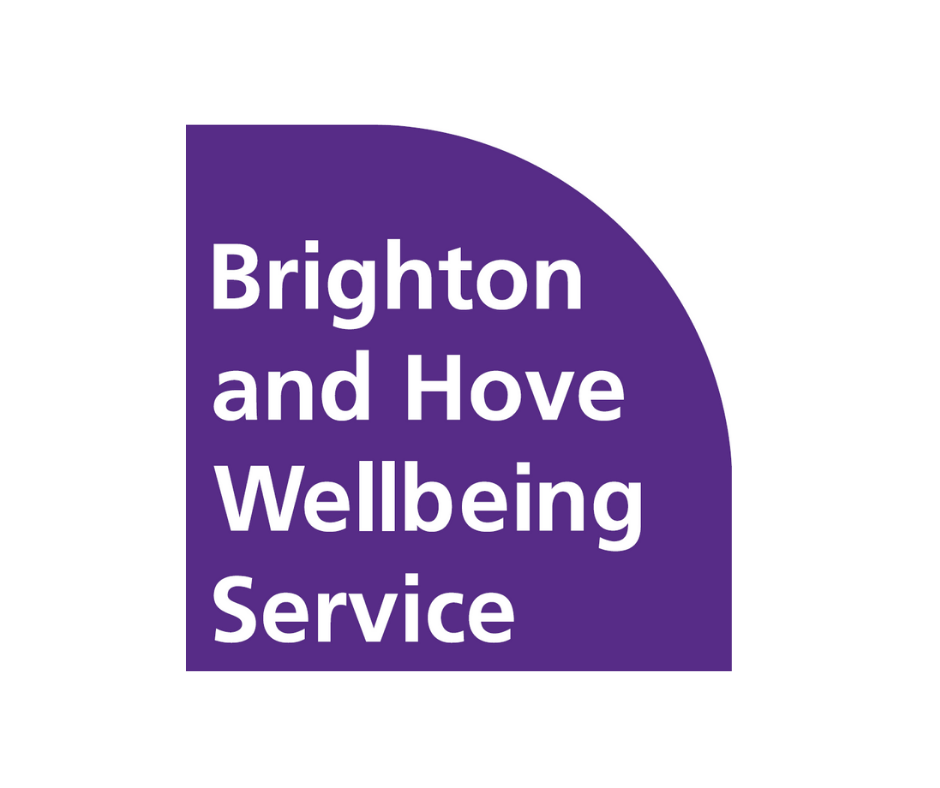The CYP (Children and Young People) part of the Wellbeing Service is delivered by YMCA DownsLink Group.
What is Play Therapy?
Play Therapy is an effective psychotherapeutic approach that helps children to express their feelings and make sense of significant life experiences through play.
Being child-led, it enables children to choose how to use their session time, and safely work through difficulties in their own way and at their own pace.
Who can benefit from Play Therapy?
Children attending Play Therapy are typically aged between 4 and 12 years old, but developmental level is taken into account. This type of approach is suitable for children who…
Have a mild to moderate mental health presentation or are experiencing emotional or behavioural difficulties such as anxiety, low mood or aggression
Find verbal communication difficult
Are experiencing challenging life circumstances, such as family breakdown, bullying, loss, or the effects of learning or physical disabilities
+ Why use play?
Play is a child’s natural form of expression and is vital to their overall development and wellbeing. Rather than having to explain in words, children can use play to communicate what is troubling them.
+ How can Play Therapy help?
Play Therapy offers an impartial space outside the normal context of a child’s life, and can help children to:
- Understand and better manage their life situations and relationships.
- Develop an emotional language and communicate their feelings more effectively.
- Build self-esteem, self-confidence and resilience.
+ What happens in a Play Therapy session?
A few simple boundaries are established for mutual safety. Our therapist will then offer a wide range of resources, from which your child can choose, enabling creative expression at a developmentally appropriate level.
Equipment includes art and craft materials, sand, small-world figures, role play props, musical instruments, puppets, dolls, soft toys, games, sensory materials and found objects. This sometimes involves messy play!
+ What does a Play Therapist do?
A play therapist offers non-judgemental emotional support and containment using the person-centred counselling skills of empathy, active listening, attunement, reflecting and paraphrasing. This creates an atmosphere of warmth and acceptance in which a child can begin to heal and grow.
The therapist also tracks and facilitates the child’s play, joining in or instigating activities when appropriate.
+ Who is my Play Therapist?
Your play therapist will have completed a Master’s level qualification and be an accredited member of a suitable professional body, such as BAPT. This includes extensive training in areas such as attachment theory, child development models and humanistic psychology.
They will have experienced their own personal therapy and attend regular ongoing clinical supervision, as well as ongoing CPD (Continued Professional Development) training. An up-to-date and clear DBS check is mandatory for our whole team.
Our current Play Therapist is Hannah - click here to see her photo.
+ What follows my Play Therapy referral?
You will be invited to attend an initial 30-minute assessment interview, without your child. The therapist will listen carefully to your concerns and ask questions in order to learn about your child in the context of the family history and circumstances. With your permission, they might also seek information from other professionals involved in your child’s life.
If it seems that Play Therapy will be a helpful intervention, your child can begin treatment the following week. In the first session, the therapist will talk to your child about their reasons for coming, and go through the arrangements.
+ How will I be involved in my child’s Play Therapy?
There are opportunities to review your child’s progress halfway through the therapy and again at the end. At these meetings you will be able to give feedback, ask questions, express concerns and receive guidance if desired.
You can help support your child through the process by being consistent in attendance, and resisting the urge to ask your child about what they did.
Be aware that, during any therapeutic intervention, things might get worse before they get better.
+ What will happen after ending Play Therapy?
In the final parent review meeting, your play therapist will discuss possible ways forward. This may include signposting to other services or sources of support, literature to read or techniques you can try at home.
If your child shows no improvement or things get worse, you can re-refer after 3 months.
If you are aged between 18 and 25 (or older), please complete a referral form for the Adult Wellbeing Service.

